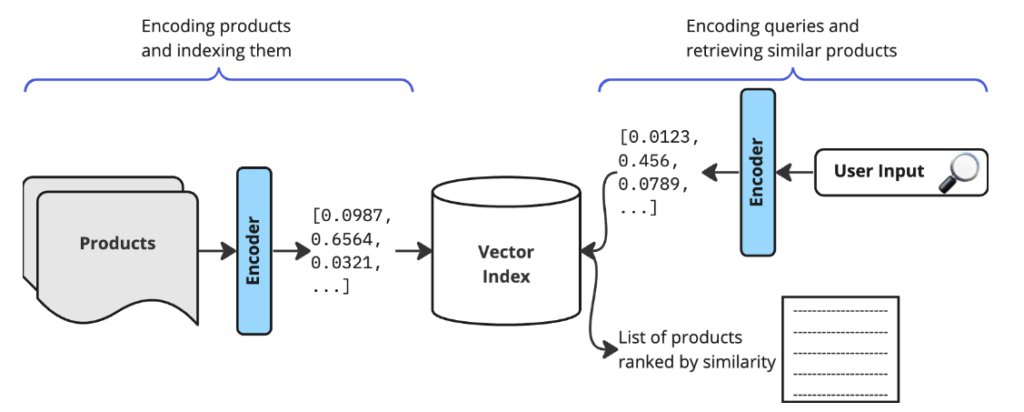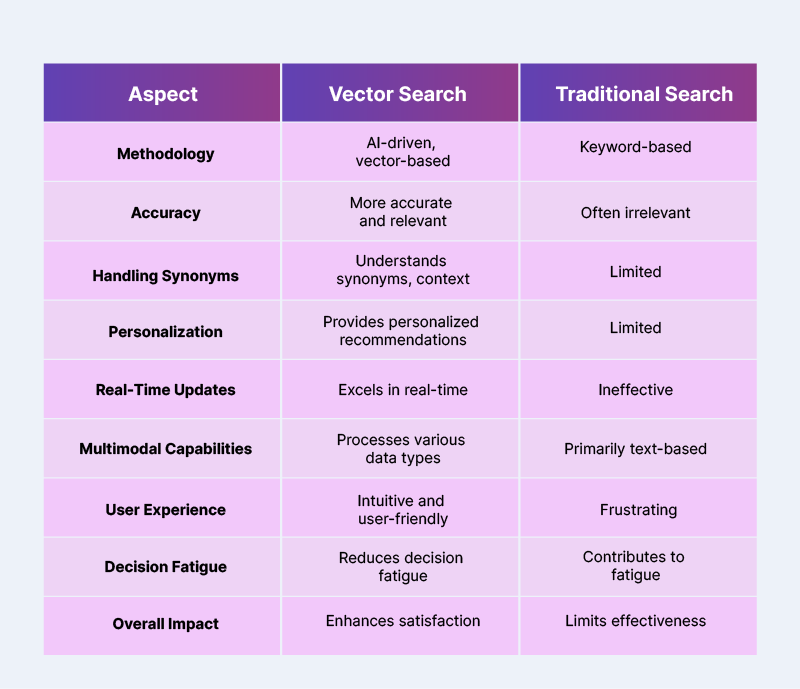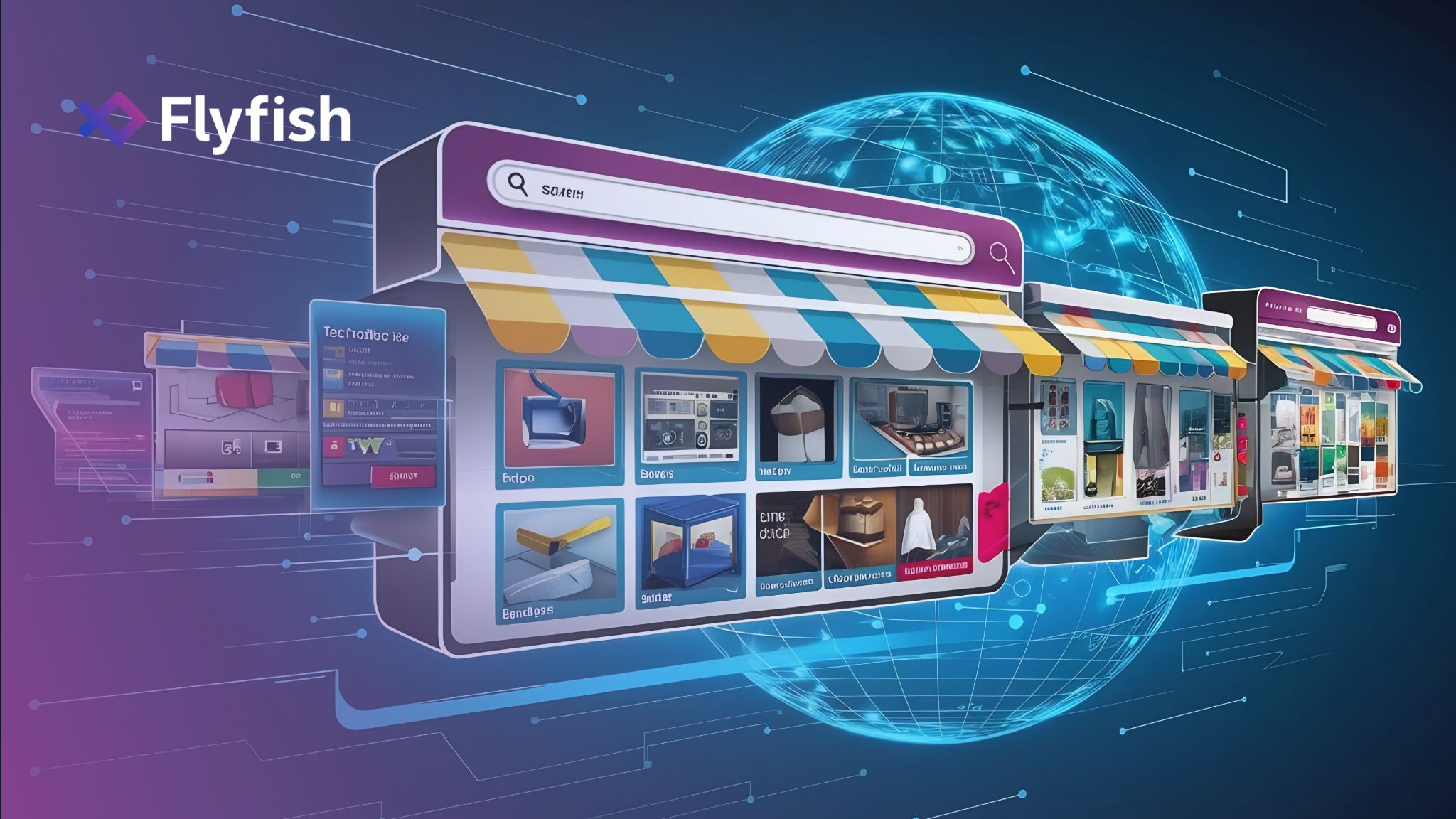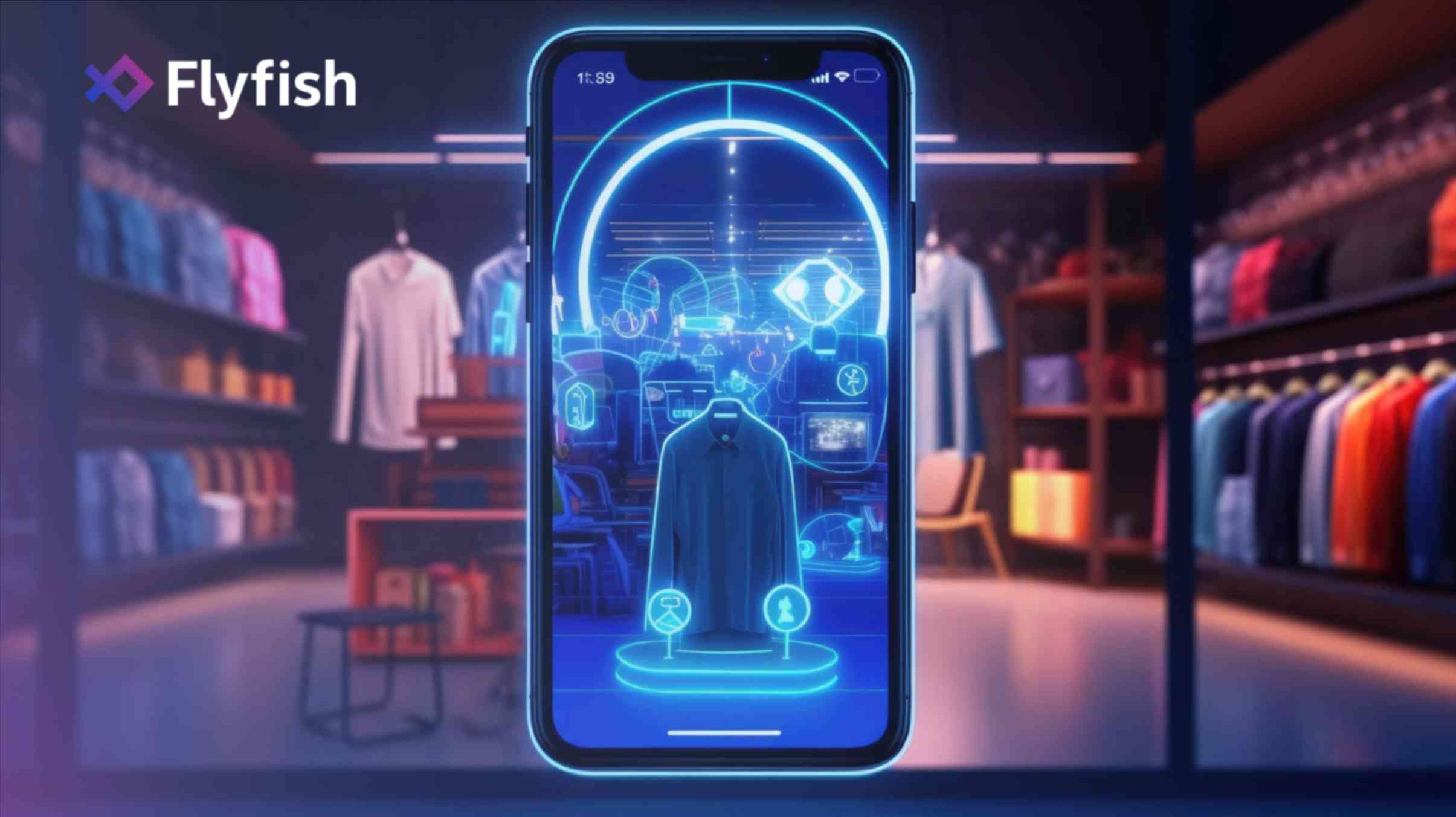
Introduction
Did you know that 87% of shoppers begin their product searches online? With such staggering statistics, the importance of search in ecommerce is evident.
Picture this: Tina is a 22-year-old girl who loves shopping. Like many others her age, she enjoys exploring various products online, looking for the perfect items to add to her collection. But with the overwhelming amount of options available, finding exactly what she wants can sometimes be a challenge.
Fortunately, with the advent of vector search technology, Tina’s shopping experience is about to get a whole lot smarter. Vector search harnesses the power of artificial intelligence to analyze not just the words Tina types in but also the context and intent behind her queries, unlike traditional search methods.
By utilizing advanced algorithms to map products in a multi-dimensional space, vector search in ecommerce can accurately match Tina’s preferences with relevant items, even if she struggles to articulate exactly what she’s looking for. This means no more looking through irrelevant results or feeling overwhelmed by endless choices.
This blog explains how these innovative technologies change ecommerce for the better.
What is Vector Search?
Vector search refers to the method of information retrieval in which documents and queries are represented as vectors rather than plain text. In this approach, machine learning models are utilized to generate vector representations of source inputs, which can encompass text, images, or other forms of content.

Building blocks that are used to apply vector search in ecommerce
Source: Open Source Connections
Let’s look at an example of a vector search query:
- Visual Similarity Query: “Show dresses with patterns similar to this floral dress.”
- Vector Search Benefit: Vector search can identify patterns and design elements of the specified floral dress and recommend dresses with similar patterns, allowing for effortless style exploration.
- Data type: Image
Now, here’s the best thing: vector search is always up-to-date. Hence, no more clicking on a product only to find it’s sold out. With real-time updates, you’ll only see what’s available right now, making your shopping experience smoother than ever.
Vector Search vs. Traditional Search: A Comparative Analysis
Vector search and traditional search differ in their underlying principles, methodologies, applications, and effectiveness in retrieving relevant information.
Here’s a simple comparison to show you how they differ:

As such, traditional search works like a checklist, ticking off boxes for exact terms. Vector search, however, is more like a map, leading you to the information you need even if the words aren’t a perfect match. This makes vector search ideal for situations where you might not know the exact wording but can describe the concept you’re looking for.
How Do Vector Search & AI Address Traditional Keyword Search Limitations?
“I think AI will be the most powerful technology humanity has yet invented,” says Sam Altman, CEO of OpenAI, emphasizing its immense potential to revolutionize industries and reshape the way we live & work.
According to a report by Lucidworks, 88% of respondents believe that AI will play a crucial role in delivering relevant searches in the future. This forethought underscores the growing recognition of AI’s potential to enhance search capabilities. Plus, one significant advancement in this regard is the adoption of vector search technology.
Let’s see how vector search in ecommerce goes beyond keyword matching to deliver a more exceptional search experience.
- Enhancing Search Accuracy
When you combine vector search with AI, online search gets a major upgrade. Instead of just looking for specific words, it uses brilliant computer programs to understand precisely what you need.
So, whether you’re searching for clothes or vacation spots, it can figure out what you mean, even if you don’t use the perfect words.
Let’s say you’re searching for “wireless headphones” online. With regular searches, you get a mix of results. But with vector search & AI, it knows you want cord-free options & shows you the perfect product you need without the hassle.
- Personalized Recommendations
Forget browsing endlessly! Vector search & AI personalizes your online shopping experience. By remembering your past purchases and browsing habits, AI suggests products you’ll actually love.
For example, if you’re into organic face creams, consultative sales AI might recommend products from brands you already like, keeping in mind your budget and even the kind of ingredients you prefer.
The highlight is how customers save time and discover great products while stores witness happier customers and increased sales. Thus, with the power of vector search and AI, online shopping becomes a seamless experience that benefits both shoppers and businesses.
- Conversational Commerce
Conversational commerce eliminates the need to jump between apps and websites when purchasing online. It makes shopping effortless, blending seamlessly into your everyday platforms. Whether you’re on social media, messaging friends, or checking emails, AI-powered chatbots are right there to help you with questions, purchases, and more without leaving the platform.
For instance, you’re browsing your favorite social media app and come across a skincare brand’s page. An AI beauty advisor will pop up, ready to help you find the perfect skincare product and even process your order—all within the chat window.
Final Thoughts
Vector search is the future of ecommerce search. It is reshaping the ecommerce industry by flawlessly balancing precision and recall. Using the power of vector search, shoppers can expect more accurate and relevant search results tailored to their preferences. When coupled with AI, this technology goes even further, providing personalized recommendations and real-time assistance. This results in a more enjoyable shopping experience for you, with less frustration and more time finding the perfect items.








































